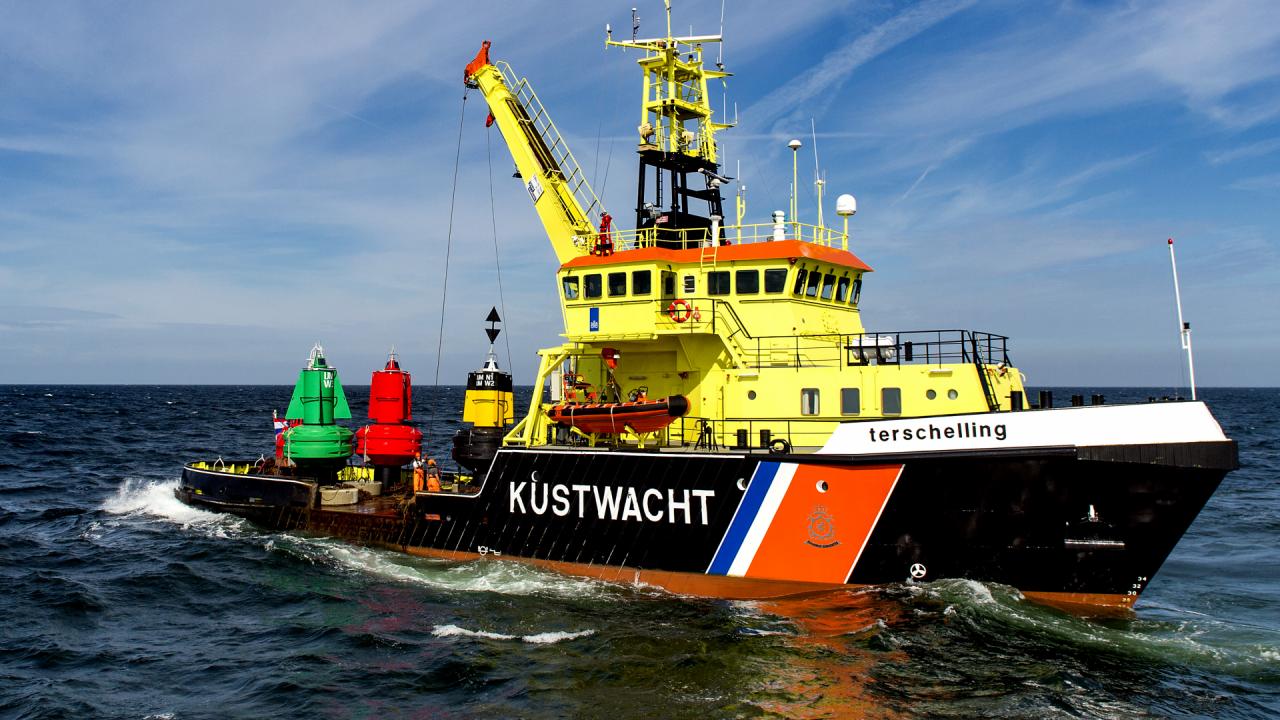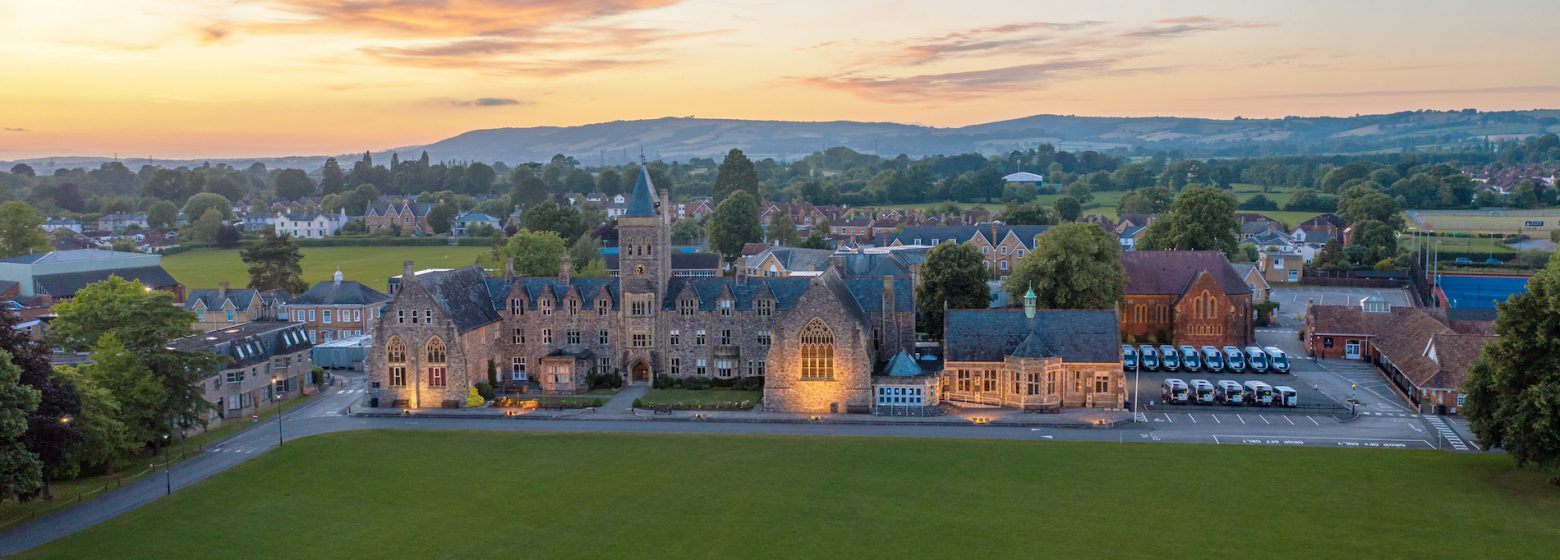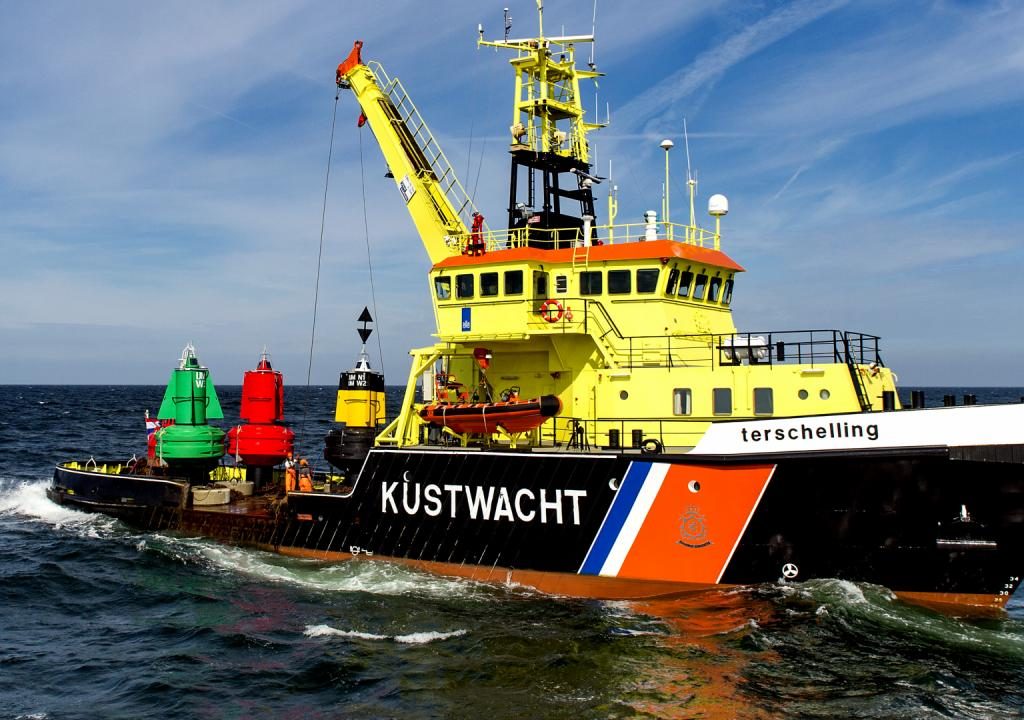
World Oceans Day on June 8th is a great opportunity to raise awareness of the importance of oceans to our planet and our everyday lives. To mark the occasion, our Head of Physics, Luke Waller shares his experience as an oceanographer.
“My interest in oceans began during my A level courses and it was the coastlines topic in A level Geography that first gave me an insight into this fascinating subject. Having studied Maths, Physics and Geography at A level (plus an AS level in Music) I applied to the University of Southampton to study Marine Sciences. Throughout the three year course I covered units from a whole range of subject areas including maths, chemistry, physics, geology, computing and technology and ended up specialising in marine physics.
The first thing that struck me most was how all the subjects that I had studied individually at school came together to form an understanding of the oceans, including how they move and how marine life and our own lives are affected by them. For the first year we were put into teams comprising of students with particular interests in the various sciences and were made to tackle different projects, as well as continuing our study in our own particular specialisms. As you can probably guess, there were a lot more marine biologists (those that all hoped to work with dolphins in the end!) than there were chemists, geologists and physicists.
The project work was always a favourite of mine. We were sent out on field trips or into the labs to collect results and then given time to work on all the data as a team before presenting our results. The highlight was a two week trip to the University of Plymouth where we spent a week out on various research vessels, sometimes in gale force winds (whilst on the Terschelling Ice Breaker), collecting seabed samples, taking 3D current measurements, analysing contaminant levels and assessing the impact on marine life.
The final year was when we really specialised and I spent more time on land running computer models of tide tables, sea floor mapping and completing my dissertation on the physics of the recently discovered ‘Broken Spur’ hydrothermal vent field, situated on the mid-Atlantic Ridge. The latter was very demanding as computers weren’t as fast back then but the very large data files had never been analysed before so it was exhilarating to be the first person to start the work on this data.
Oceanography is still a relatively new science and as such theories are still changing rapidly. I thoroughly recommend this branch of science to anyone who loves being outdoors, being involved in nature conservation, working as part of a team and up for a challenge.”
Luke Waller
Head of Physics





